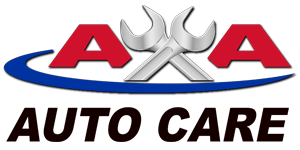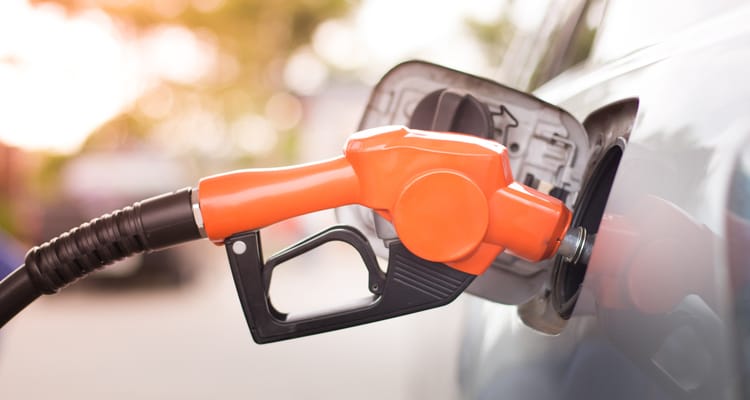Do you know the difference between regular vs. premium or what plus gasoline actually is? What is the difference between octane and top-tier gasoline? And does paying more for gas help my engine/car perform better? What about diesel? These are all questions that drivers ask themselves more often than we are willing to admit.
When you find yourself googling ‘choosing the right gas for my car,’ it’s clear that picking the right gasoline for your vehicle can be complicated. You want to meet manufacturer requirements, but also need to balance financial, environmental, and performance objectives, too. To help you make better decisions at the pump, we have broken all of this down for you.
What you need to know:
• Use the minimum octane rating required for your car. By using a lower rating, you could damage your engine. Check your owner’s manual if you’re unsure about what is required.
• If a higher octane gas is not recommended for your car, then don’t pay extra for it because you won’t get anything extra out of it.
• If higher octane gas is recommended for your car, then it might make sense to buy it under certain circumstances, but you will spend more:
• If you want to improve engine performance and fuel economy
• If you are going to be hauling extra weight or towing
• If you are about to have an emissions test
• Paying extra for top-grade gas may provide long-term economic benefits by increasing engine performance and reducing engine wear.
• Diesel cars and trucks require specifically formulated fuel for their engines. This is because diesel engines burn fuel differently than regular gasoline engines because it is injected only after air is compressed and forced to combust via pressure, rather than by using spark plugs. In a regular gasoline engine, air is mixed with the fuel before compression and uses spark plugs.
• If you opt for a diesel vehicle, you only need to buy diesel fuel.
• On average, this costs you less than premium gas, but more than regular unleaded.
• How much you pay for fuel is important to consider when creating a budget.
Bottom line
Some cars do require premium fuel, and if that’s the case then you’re going to have to make sure you always use that particular fuel for your vehicle. If there aren’t any recommended specifications and you don’t have any issues with regular unleaded fuel, then you’ll have no problem-saving money and keeping a full tank. If you drive a diesel, it’s very simple: use diesel fuel, every single time.

